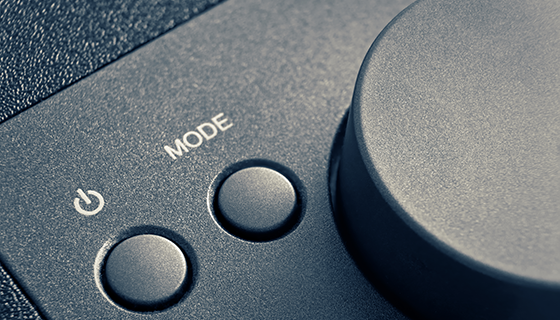


The world’s first multi-standard HD codec used by the complete PBS network in the US winning the European Information Society Technology Prize for Innovation in Design.

ETSI codec that the BBC used to create their first digital network connecting studios all over the UK.

Smallest studio quality, battery powered HD test pattern generator in the world.

Two different fibre optic outside broadcast camera link systems, one that converted triax to fibre and the other that encoded all audio, video, and data services.

Slow-motion control panel for sports events.

Archival verification system for the BBC.
Designed in collaboration with BBC Research, our video compression core is the smallest video codec available and has been designed to fit into FPGA vendors’ cost-effective families.
Designed for demanding broadcast and studio applications, VC-2 HQ compression is ideal for low-latency, high-quality, low-cost, small form factor applications where light compression and multi-generation capabilities are required.
This makes VC-2 HQ very suited for security, medical, industrial control, machine vision, aerospace, and defence industries.
The deterministic and reproduceable compression makes it well suited for safety or mission critical environments, and where systems need to rigorously verified and qualified.
Thousands of our VC-2 cores are used in broadcast and studios, and can be found in equipment manufactured by companies such as SAM (Snell Advanced Media) and Grass Valley.
Low Delay – only a few lines of latency
Uniquely, in the low latency profile a compression factor of 8 times can be achieved with only a few lines of delay.
VC-2 HQ – Flexibility, any picture format
The VC-2 compression system and core set is not locked to a given picture format as it is wavelet based, which makes it very flexible. This means that VC-2 can compress pictures from a QCIF format right through to 8K, and also has customisable picture formatting to accommodate any new picture standards. Parameters such as frame rate, chroma subsampling and bit depth are flexible.
Scan formats can be progressive or interlaced.

Here we have developed a number of products that include cameras including an award-winning video laryngoscope and ophthalmic imaging.
We quickly developed a proof of concept design showing how we could focus a camera and achieve sufficient depth of field to enable real-time video capture of the larynx. The customer was impressed, and we took the concept further to develop an award winning video laryngoscope.


We assisted UCL and De Montford universities with system level designs needed for a pupil tracking autostereoscopic laser scanning display device.

We conducted research into large screen monitors and TVs, and secured patents for our customer in this area.

The audio circuits that are used in broadcast, HiFi, telephones, radios, headsets - including the small signal amplifiers used in microphones to the large signal power amplifiers used to drive speakers.

We have designed wireless and wired intercom systems for studios, defence, and retail.

We have developed intercom systems for use on high-speed rigid inflatable boats (RIBs) and for use in restaurants.

One of our clients engaged us to develop their first product – an award winning, retrofittable DAB radio that led onto a successful range of DAB/streaming devices.

A mid-range HiFi manufacturer sought our help, and we were able to assist them streamline manufacturing across their product range by standardising circuitry and communication protocols. This achieved a cost-reduction of just under 50%.

Our machine and computer vision capabilities are discussed in the Automation and the Machine Learning & AI sections.